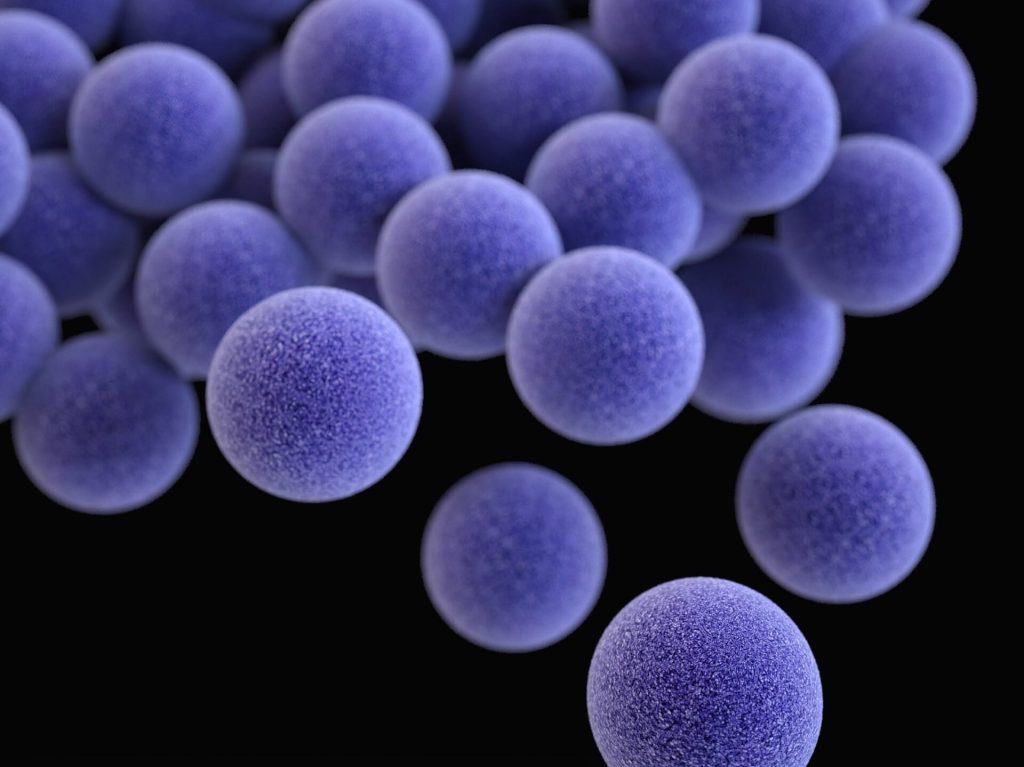
A virulent strain of Staphylococcus aureus produces proteins that trigger toxic shock syndrome (TSS), a disease characterised by the quick onset of fever, a telltale rash, and, without treatment, multi organ failure. In the vagina, TSS is associated with a life-threatening reaction from the immune system. Research published in the journal Microbiology Spectrum shows that probiotics may help prevent the disease before the cytokine cascade ever begins.
Probiotics may help prevent the disease before the cytokine cascade ever begins. This study reports that strains of two bacteria, Lactobacillus acidophilus and Lacticaseibacillus rhamnosus, successfully inhibited the production of the superantigens that cause TSS, in lab experiments. L. acidophilus, in addition, inhibited the growth of the S. aureus strains that produce the problematic proteins.
A combination of the two could both prevent growth and inhibit the immune response. “It’s kind of a double whammy against S. aureus,” said microbiologist Patrick Schlievert, Ph.D., at the University of Iowa Carver College of Medicine, in Iowa City. “If any toxin is made, the probiotics still prevent inflammation.”
He noted that adding these probiotics to tampons or other menstrual products could reduce the risk of TSS associated with menstruation. Such a preventive measure has the potential to benefit millions of vulnerable people, Schlievert said. “We know that 20% of people over age 12 cannot make antibodies and never will make antibodies against toxic shock syndrome,” he said.
Schlievert has been studying TSS and its prevention for decades. In the early 1980s, he was the first researcher to identify the toxin that triggers an overreaction of the immune system, and to show how high-absorbency tampons facilitated production of that toxin if S. aureus was present.
The new work, he said, was motivated by observations made during an earlier study. A few years ago, he and his colleagues recruited 205 women to test whether a novel molecular mixture, when added to tampons, would inhibit pathogenic bacteria. That molecule proved effective against E. coli and other pathogens, but the researchers noticed an unexpected consequence.
“Some of the women in the treatment group had this tremendous growth of Lactobacilli,” Schlievert said.

